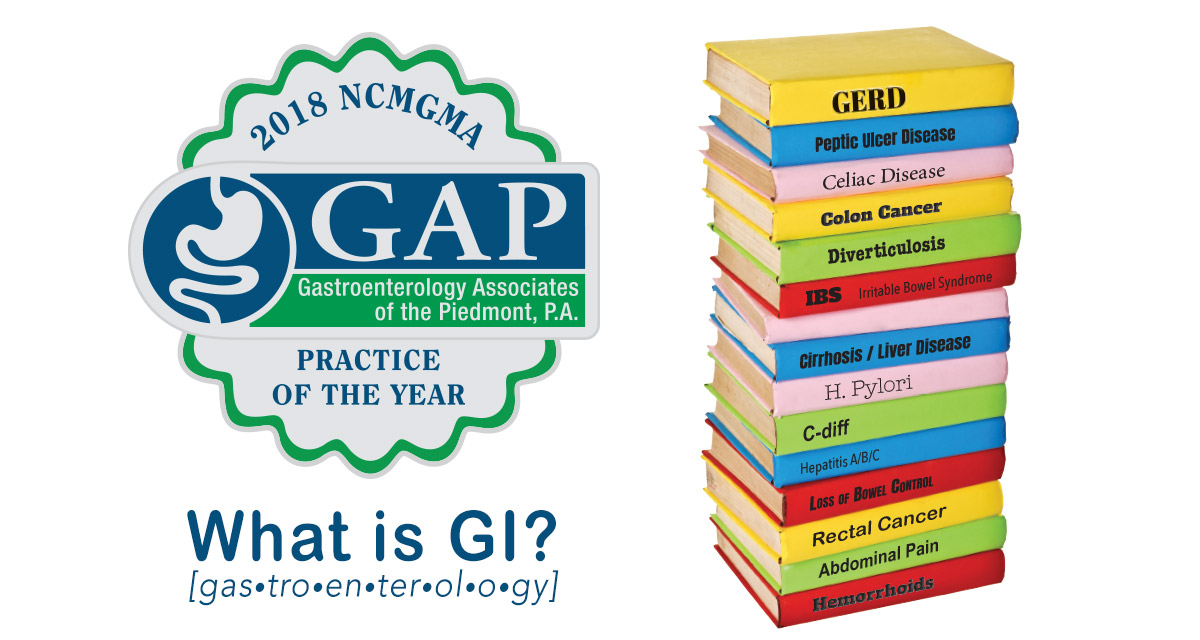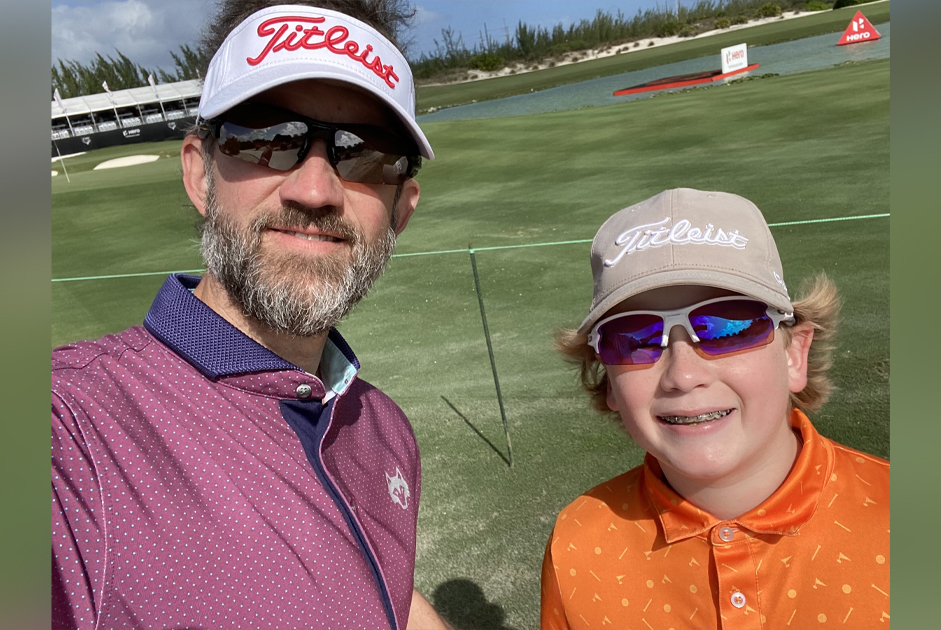Gastroenterology, or “GI” for short, can be as complicated as the word itself. So how are you supposed to relate to it in terms of your own health? Getting to know gastroenterology—the study, diagnosis, and treatment of disorders of the digestive system—is an important step in educating yourself and your family.
“If you swallow it, a gastroenterologist will follow it.”
People most often associate gastroenterology with colonoscopy for colon cancer screening. While colonoscopy is especially important for cancer prevention, gastroenterology is so much more! It actually deals with the care of the entire digestive tract; from the time you swallow until a bowel movement occurs—along with some things in between. There are several tests (such as endoscopy, where a small camera examines the throat) that can help diagnose and treat a variety of conditions.
What makes up the digestive system?
The digestive system includes the esophagus (throat), stomach, large intestine (colon), small intestine, liver, gallbladder, pancreas, and anus. There are many common conditions associated with these organs, for example:
- GERD
- Peptic Ulcer Disease
- Celiac Disease
- Colon cancer
- Diverticulosis
- Irritable bowel syndrome
- Inflammatory bowel disease (including Crohn’s Disease and ulcerative colitis)
- Liver disease/Cirrhosis
- pylori
- C-diff
- Hepatitis A/B/C
- Loss of bowel control
- Rectal cancer
- Hemorrhoids
When should I see a doctor?
While the following symptoms may or may not be related to one of the above conditions, they can cause inconvenience in our daily lifestyle as well as discomfort. A gastroenterologist can assess these symptoms and run the proper tests needed for diagnosis and treatment.
- Difficulty swallowing
- Reflux
- Heartburn
- Nausea
- Abdominal pain
- Blood in the stool
- Bloating
- Constipation
- Diarrhea
- A change in bowel habits
- Black or tarry stools
- Rectal pain or bleeding
Be mindful of these symptoms and see a gastroenterologist if you experience them frequently. The sooner the issue can be identified—the sooner it can be gotten under control and you can avoid further complications.
Why GAP?
Gastroenterology Associates of the Piedmont, or “GAP,” offers care to patients in need of screening, diagnosis, treatment, or management of digestive system issues. Its growth to a team of 16 physicians and 6 advanced practitioners has allowed the company also to focus on growing in the field of gastroenterology. Just as “two heads are better than one,” the group focuses on teamwork, giving its providers the opportunity to stay up-to-date with the latest advancements in the field.
GAP offices are located in Winston-Salem, Kernersville, and Clemmons. For more information on services and providers, call 336-448-2427 or visit gapgi.com.



















